Think your stomach and mood are unrelated? Discover how your gut affects not only your physical well-being but your happiness, too.
The exploration of the human microbiome — the colony of 100 trillion bacterial cells in the digestive tract — is the focus of much research. New findings and insights are being reported with fervor on a daily basis. Additionally, there are a vast array of impacts it has on physical, mental and emotional health.
The microbiome, structures, and systems that support it have a pivotal role in mental and emotional well-being. The health of the gut, mental, and emotional body are inextricably linked. There are several mechanisms through which this manifests. Let’s take a look at some of the ways your gut and body communicate on different levels:
Do you struggle with bloating, gas, constipation, or other digestive issues? We’ve created a FREE guide to healing your gut naturally.
Click here to get your FREE copy of our Digestion Guide!
Microbiome and Nervous System

Your microbiome communicates with your enteric nervous system (ENS), the “second brain” of nerve tissue in the gut. It also communicates with our autonomic nervous system (the “fight or flight” and “rest and digest” branches of your nervous system) and your central nervous system (the brain and spinal cord).
This chain of communication is bimodal – it goes both ways, giving and receiving input. Butterflies in the stomach when you are in love or that sinking feeling when you get bad news are examples of the connection between the gut and mind.
Likewise, those with IBS, IBD, functional bowel disorders or digestive symptoms understand that when their physical symptoms are flaring, their mental outlook can crash.
Gut Flora and Serotonin

Your gut flora spurs serotonin production and signaling. Serotonin is not the be-all and end-all hormone when it comes to depression. Conversely, it is often treated as such. The gastrointestinal system has a large role in serotonin synthesis, usage, and cycling. Ninety percent of serotonin creation occurs in the digestive tract, which also houses the largest number of serotonin receptors — way more than the brain.
Certain bacterial strains in your gut “tell” cells in your digestive tract to make serotonin. The spore-forming bacterial strains, Firmicutes and Actinobacter, stimulate the enterochromaffin (EC) cells in the gut to make serotonin. These bacteria should be in a Goldilocks zone — not too many, not too few, but just right. Alterations in these populations of gut bugs confers higher risks of health issues. Depression, obesity, and functional gastrointestinal disorders like IBS are just a few examples. Imbalance of normal, healthy gut flora is called “dysbiosis” and is the root of much human suffering.
Immune System and Your Small Intestine

Your gut flora help keep the lining of your small intestine happy. The health and integrity of the lining of the small intestine is a major predictor of health, wellness, and disease risk. The lining of the small intestine is the interface between your immune system and the environment. This includes all of the food and chemicals you ingest.
More than two-thirds of the immune system is found in the gut. Thus, unchecked immune provocation and stimulation will create a fire in the gut — spreading to the rest of the body. Inflammatory compounds are capable of loosening the tight junctions that help maintain good intestinal barrier function. They can enter general circulation and cross the blood-brain barrier. Additionally, altering neurotransmitter function and signaling creates oxidative stress in the brain. This can lead to a variety of symptoms ranging from anxiety and depression to brain fog. It’s recognized as the “auto-intoxication” theory.
Compromise in the lining of the gut is often caused by chronic inflammation. Many people often refer to this as leaky gut or intestinal hyper permeability.
A wide range of things can cause dysfunctional permeability in the lining of the small intestine. Foods rich in carbohydrates, high in sugar, low in fiber, and phytochemicals are a few examples. Additional causes could include binge drinking, chronic stress, a variety of pathogens, illness, and drug use. The appropriate use of antibiotics, acid-blocking drugs, and other medications are also included.
Microbiome and Gut Lining

Your microbiome plays a crucial role in the health of the lining of your small intestine. Microbial balance — an absence of dysbiosis — is the key. Dysbiosis, an imbalance of healthy flora or infection of the microbiome, can interrupt a healthy lining. A dysbiotic gut flora means there are a higher number of bad guys on board than should be there. These bad guys are doing their bacterial thing, metabolizing and fermenting.
These bacterial byproducts will create an inflammatory response in the immune system. Left unchecked, chronic dysbiosis can generate enough immune provocation and inflammation to alter the integrity of the lining. Consequently, this spurs more immune activation and stimulation, which creates a cycle of inflammation that has ripple effects all the way up to your brain and your mental/emotional health.
On the other hand, a healthy, robust microbiome protects the lining of the small intestine by releasing anti-inflammatory compounds, maintaining appropriate pH and keeping the immune system balanced.
A Healthy Flora and Your Mental Well-Being

Keeping a diverse microbiome and an intact, functional gut lining are keys to mental well-being. This is well-established in mouse studies, and human studies are beginning to bear the same results: the more diverse the gut flora, the healthier the body and mind. There is less rumination and more engagement. There is less obesity and more leanness in those with a diverse gut flora.
You can’t look at the flora without looking at the structures that house them, and those with diverse gut flora also have a more functional intestinal lining and barrier. The two go hand in hand.
The good news is that the microbiome can be changed for the better, even after years of poor nutrition, infection, antibiotics or just the subtle and nefarious effects of living in the world we do. Research shows that diet-induced changes in the gut flora happen in as little as 72 hours. Utilizing nutrition and other lifestyle approaches, you can quickly increase beneficial diversity in your microbiome. And diversity, as in any ecological or social system, is the shield against ruin.
7 Quick and Easy Tips to Help Make Your Gut Happy
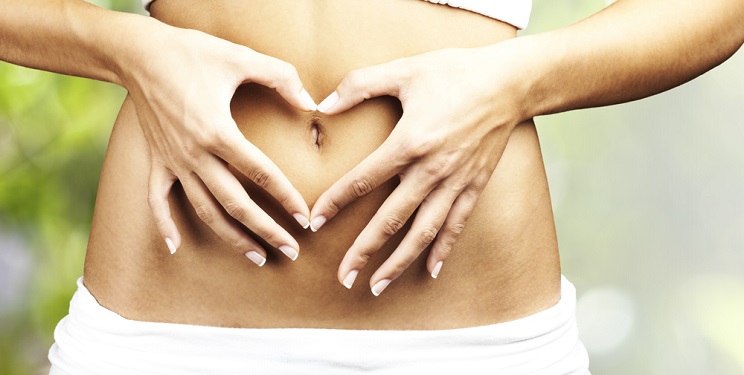
1. Eat a Variety of Vegetables and Fruits
This is prime fuel for your microbiome, which prefers fiber-dense foods. When you eat, you’re eating not just for yourself but for a hundred trillion. Eat within the context of your unique sensitivities, and know that many people with dysbiosis tend to do better on a low-FODMAP diet.
2. Eat Fermented Foods
Sauerkraut, kimchi, kombucha, real pickles, apple cider vinegar, yogurt and kefir (if you tolerate dairy products) are a few examples. Fermented foods help nourish and build a robust microbiome because they contain beneficial bacteria and metabolites.
3. Avoid Gluten and Refined Sugars
These foods show selection against a diverse flora and can contribute to motility problems, which can in turn worsen dysbiosis.
4. Use Antibiotics Judiciously
Some antibiotics can be indiscriminate killers of bacteria and are capable of altering your microbiomes into dysbiosis. Health professionals can sometimes prescribe this class of drugs incorrectly up to 40% of the time. Use antibiotics only if indicated and be sure to take a probiotic along with them. The two will not cancel each other out, but the latter will offset negative side effects.
5. Consider a Shower Filter
Chlorine is a major antibacterial compound that can expose you to harmful toxins in an average ten-minute shower. Consequently, these toxins can negatively impact your microbiome, but an inexpensive shower filter is an easy way to reduce your exposure.
6. Ditch Triclosan
Triclosan is an antibacterial and anti fungal agent you can find in most conventional hand soaps and washes. This agent implicates the rise of antibiotic resistance, dysbiosis of the microbiome, and increases the risk of environmental allergies like asthma and eczema. To avoid this, you should try washing your hands with natural soap products or find a triclosan-free product.
7. Get some gut-healing nutrients on board
This will help restore the integrity of a dysfunctional intestinal lining. Zinc carnosine is a powerhouse against leaky gut. The amino acid L-glutamine is the preferred fuel for the cells that line the entire GI tract and is a gentle gut healer. The wildly popular collagen builders such as gelatin, bone broth and blueberries are easy foods to incorporate into your daily or weekly nutrition to help heal gut and brain alike.
The performance and well-being of the digestive system and the brain are intricately connected in a myriad of ways. Supporting one supports the other. Interrupting the cycle of dysfunction simmering in the gut leads to better clarity of mind, and dare I say, joy.
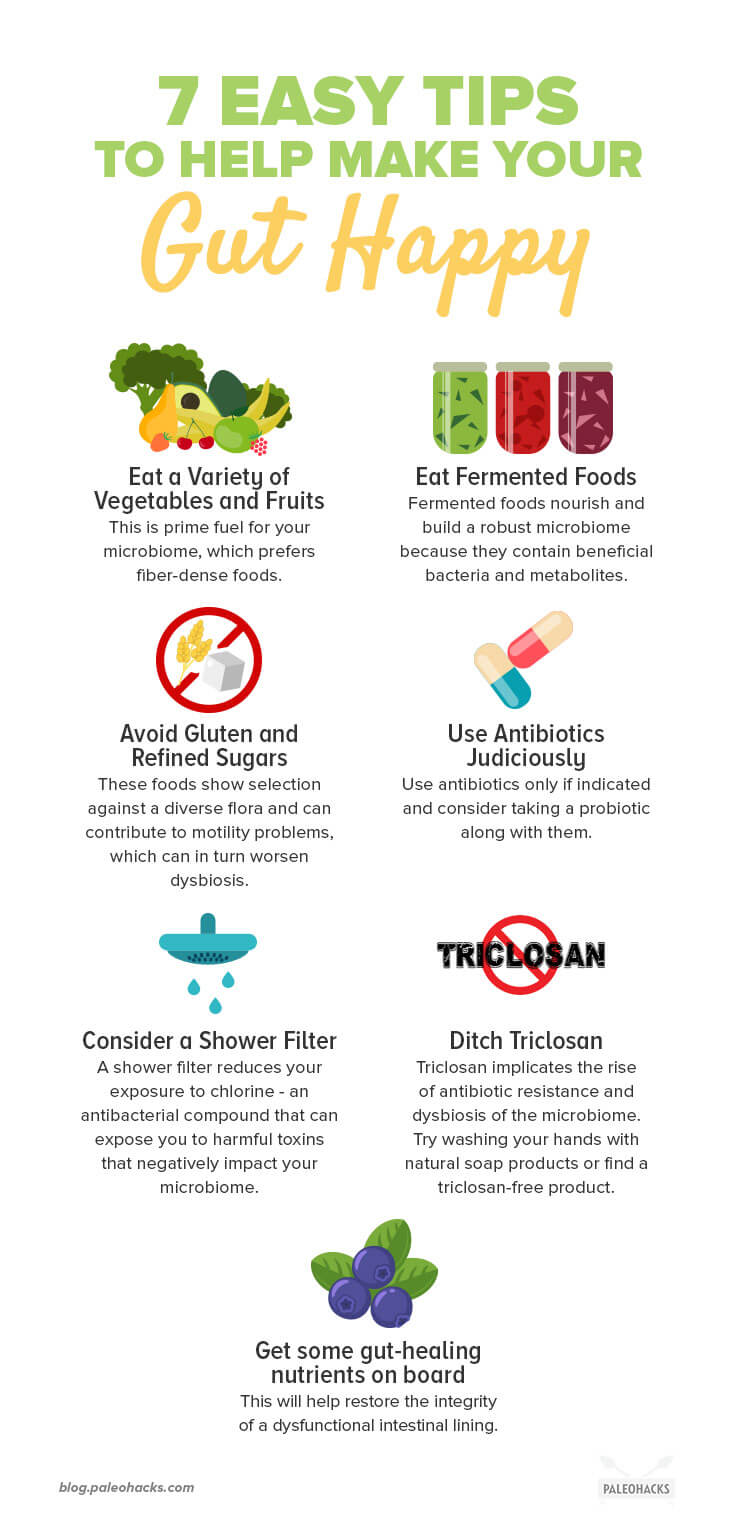


 The Complete Paleo Diet Food List
The Complete Paleo Diet Food List
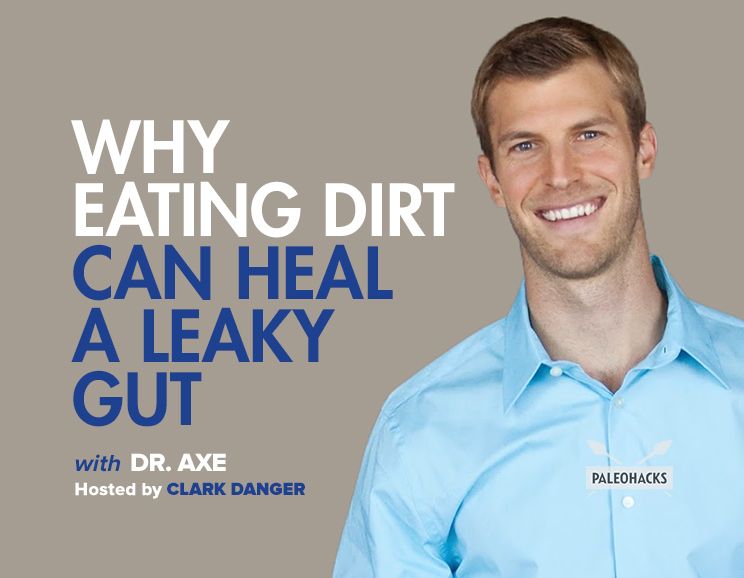

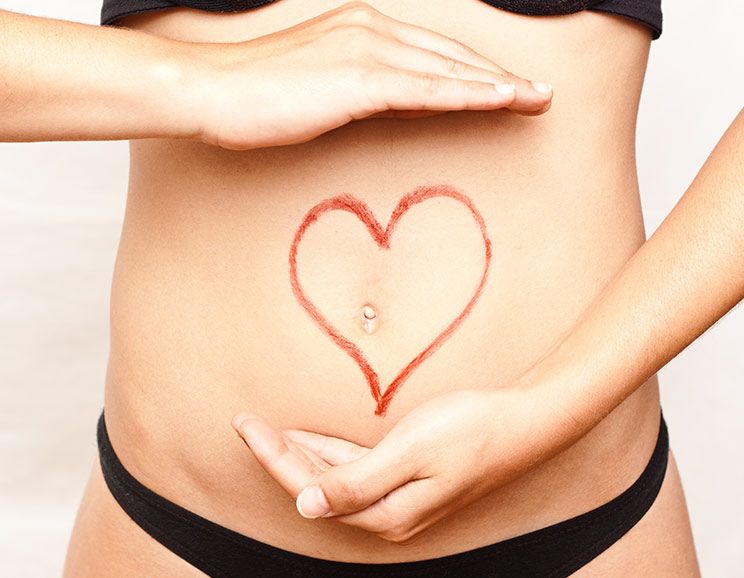

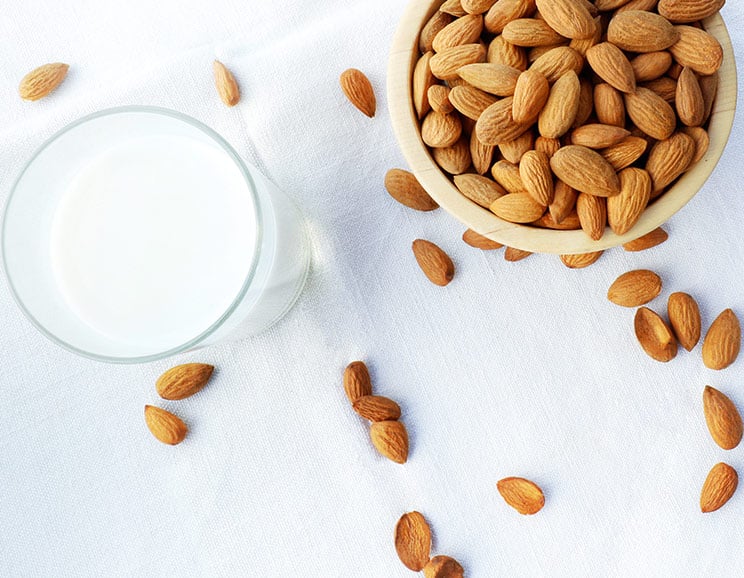

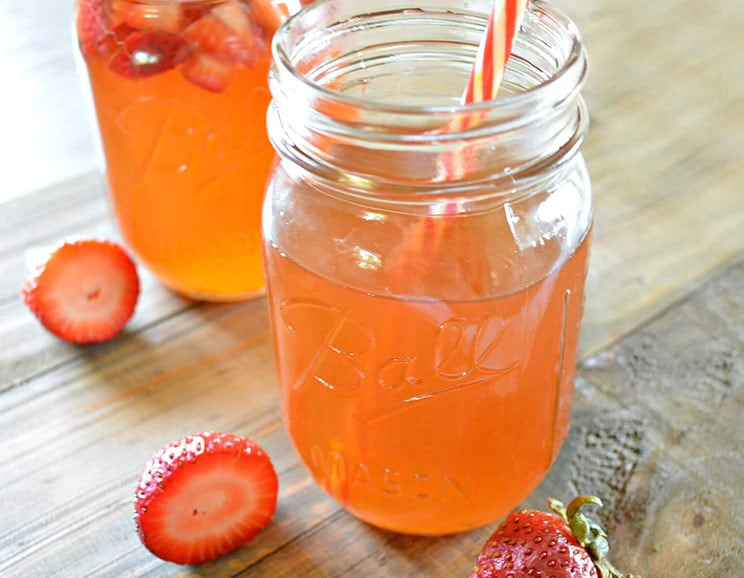
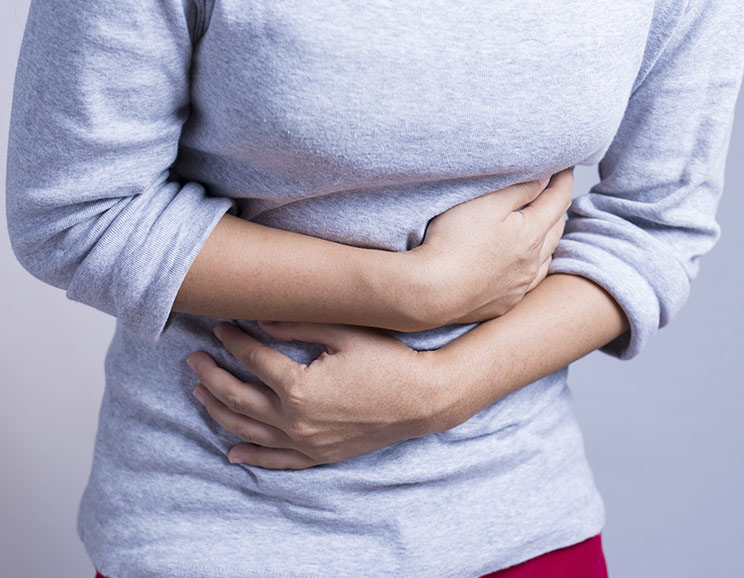
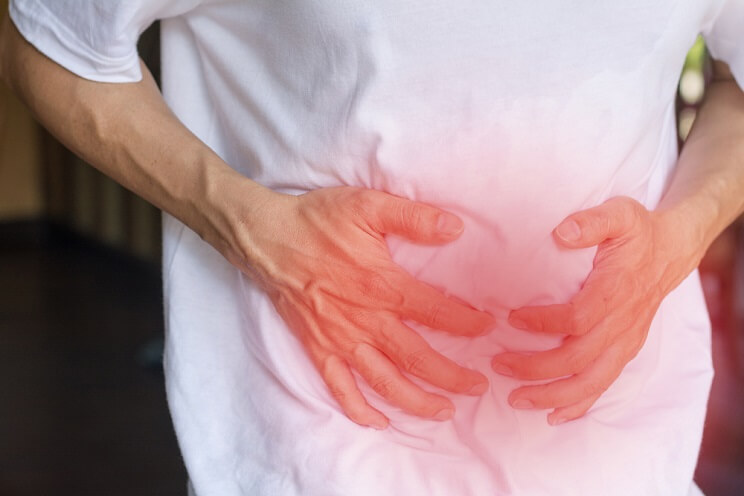
Show Comments